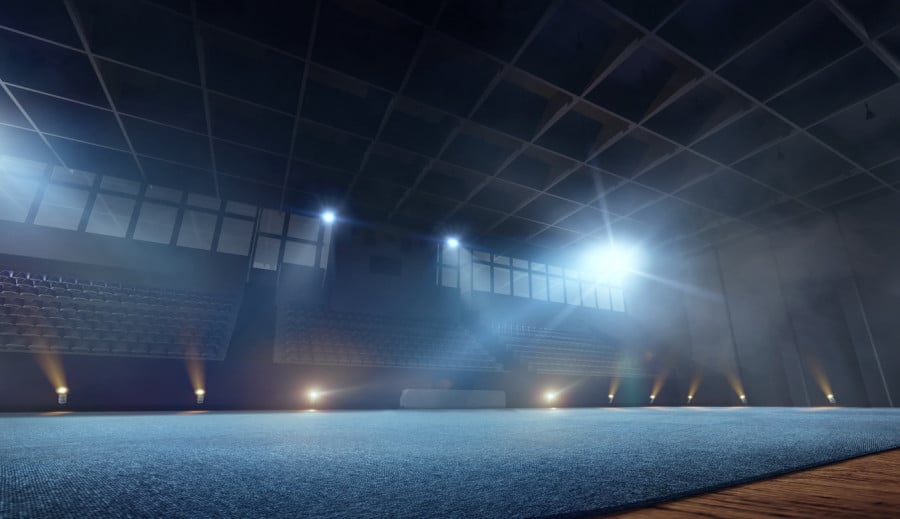Jordan Chiles Olympic Medal Controversy: Background to Dispute & CAS Decision

This article, the first in a two-part series, provides a comprehensive legal analysis of the controversy surrounding Jordan Chiles’ bronze medal at the 2024 Paris Olympic Games. This article examines the procedural timeline, applicable regulations, and analyses the Court of Arbitration for Sport panel’s decision. It provides a tabular breakdown of the main arguments discussed in the CAS panel’s decision in the Chiles case.
This will serve as a base for understanding the ongoing appeal by Chiles before the Swiss Federal Tribunal which will be covered in Part 2 of this article.
Introduction
On August 16, 2024, three days after Closing Ceremonies, the Romanian gymnast, Ana Bărbosu, received her third-place medal for the floor exercise finals at the Paris Olympics. Bǎrbosu received the bronze medal following the August 13th decision from the Court of Arbitration for Sport (“CAS”) three-person panel deciding in favor of Bărbosu’s appeal to reinstate the original score.[1]
The dispute began on August 5 when Chiles completed the floor finals, finishing with a score of 13.666. This score initially placed her in fifth place. The other gymnasts, both from Romania, Bǎrbosu and Sabrina Maneca-Voinea, in third and fourth place had scores of 13.700.[2] Bǎrbosu held the third place because of a higher execution score. After the final score came in for Chiles, the Team USA coach, Cecil Landi, registered an inquiry to give Chiles an additional 0.1 points for difficulty. In response, Maneca-Voinea's coaches submitted an opposing inquiry to cancel the 0.1 points, claiming that Chiles’ heel was allegedly out of bounds. Upon review, the International Gymnastics Federation Women’s Artistic Gymnastics (“FIG WAG”) Technical Committee denied this inquiry and awarded Chiles an additional 0.1 point, resulting in a score of 13.766 which placed her in third place with a spot on the podium.[3]
The following day, August 6th, the president of the Romanian Olympic and Sports Committee wrote to the International Gymnastics Federation (“FIG”) regarding these events. Romania requested “to order re-analysis by the decision-making factors of the case of the Romanian athlete Sabrina Maneca-Voinea regarding the score given to the execution of the exercise in the floor final.”[4]
The Romanian Committee mentioned that the process of accessing the score has brought “serious damage both to the image of international gymnastics but especially affects the athlete, endangering [her] mental health.”[5]
On August 12, 2024, USA Gymnastics was informed by CAS that even with new conclusive evidence, they do not allow for reconsideration of an arbitral award.[6]
By August 14th, CAS had decided the following (please see below for more details on the CAS decision and its conclusion):
- Chiles’ coach, Landi’s appeal was submitted outside of the one-minute window for a score review;
- The original scores, placing Chiles in fifth place, should be restored; and
- The bronze medal should be awarded to Bǎrbosu who was in third place at the end of the floor finals
Chiles has since filed an appeal to the Swiss Federal Tribunal.[7]
This article will serve as Part 1 of the Jordan Chiles medal dispute. This part will provide an initial overview of the dispute and the CAS decision. Part 2 will examine the two appeals that Chiles filed in September and related issues noted in the appeals.
Table of contents
To continue reading or watching login or register here
Already a member? Sign in
Get access to all of the expert analysis and commentary at LawInSport including articles, webinars, conference videos and podcast transcripts. Find out more here.
Related Articles
- Balancing act: CAS challenges and the 'field of play' doctrine in Olympic gymnastics (Chiles & Maneca-Voinea cases)
- From policy to practice: A sport organisation's guide to effective safeguarding
- The Swiss Federal Tribunal’s key sports law judgments of 2024
- Sport & Governance – Annual Review 2024/25
- 8 years of the U.S. Center for SafeSport: Successes, shortcomings, and reforms
Written by
Manali Kulkarni
Manali previously researched on sports and society in India, specifically focusing on the influence of sport on the gender divide in India. She joined LawInSport in September 2013 as a research assistant providing updates on Indian sports law.




